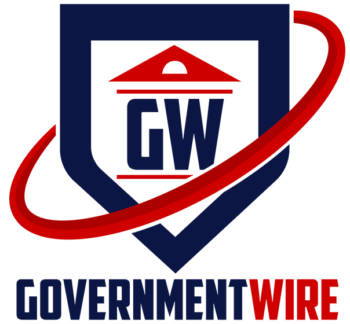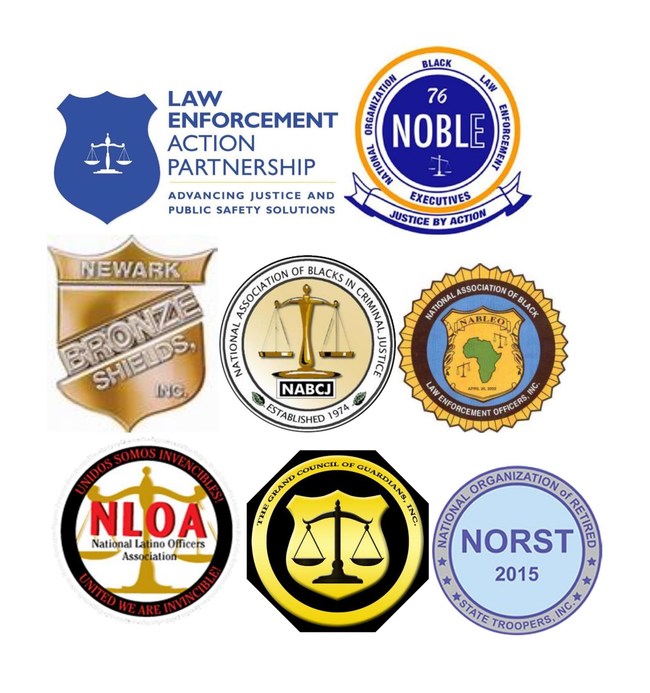WASHINGTON, June 14, 2021 /PRNewswire/ — The National Newspaper Publishers Association (NNPA), representing more than 200 African-American owned community newspapers from around the United States, have joined together with the nation’s leading Black and Hispanic law enforcement executives to oppose the Washington, DC City Council proposed ban on menthol cigarettes, a racially discriminatory law. The DC City Council is scheduled to vote tomorrow on the proposed ban.
"The NNPA supports any effort that will improve the health and quality of life of Black Americans, as well as the health of all people regardless of race," says Dr. Benjamin F. Chavis, Jr., NNPA President and CEO and civil rights icon. "But we are profoundly aware that over 85% of Black Americans and Hispanic Americans who choose to smoke prefer menthol cigarettes," continued Chavis. In fact, the unintended consequences of such a racially discriminatory ban will set the stage for more negative and more likely counterproductive interactions between law enforcement and people of color.
"Banning menthol is not going to make the demand for menthol products go away. We know this because illegal drugs are used by people in every community in every state across this country," says Sgt. Anthony Miranda (Ret. NYPD), National Chairperson, National Latino Officers Association (NLOA). "When there is a high demand, an illegal market will fill the void, if a legal, regulated market does not. Bans and prohibitions don’t work. They actually create crime," stated Miranda. Crime always requires police resources to enforce, otherwise, a ban on the sale of menthol cigarettes would be meaningless.
"Given pervasive negative interactions between police and people of color in the U.S., proponents of a menthol ban naively believe that just by including prohibitive language in the legislation, police officers will not utilize a menthol ban to interact with smokers and possessors," said Commissioner Jiles H. Ship, past president, National Organization of Black Law Enforcement Executives (NOBLE). "Daily frivolous interactions between police and people of color demonstrate that a menthol ban would give police pretext to approach a smoker to find out where cigarettes were purchased to get to the seller," continued Ship. In recent times, we have seen far too many cases of these encounters lead to verbal and physical altercations and often fatal results.
Overall smoking rates in the U.S., despite the tobacco industry’s promotional and advertising tactics in which our government allowed them to engage in until the recent master settlement agreement, is lowest it has ever been in public health history.
A recent 700-page report from the U.S. Surgeon General on smoking cessation examines the health impact of bans in the context of smoking cessation. One of the report’s less-publicized conclusions is that there is not enough evidence to conclude that banning menthol cigarettes would cause more people to quit smoking.[1] "The evidence is suggestive but not sufficient to infer that restricting the sale of certain types of tobacco products, such as menthol or other flavored products, increases smoking cessation, especially among certain populations," says the report. The more fundamental issue that should be addressed is social determinants of health. Over the past 30 years, the U.S. has reduced tobacco consumption overall across this country by about 40 percent. And we did not do that with bans and prohibitions or the criminal justice community. We did that with education, counseling and treatment a health and educational perspective. We should continue with that strategy. "We should fund targeted education and behavioral health support before implementing a problematic, unenforceable ban. It is time to deal with root causes of health disparities, not the resulting behaviors," concluded Chavis.
- LEAP (Law Enforcement Action Partnership)
- NOBLE (National Organization of Black Law Enforcement Executives)
- NBS (Newark Bronze Shields)
- NABCJ (National Association of Blacks in Criminal Justice)
- NABLEO (National Association of Black Law Enforcement Officers)
- NLOA (National Latino Officers Association)
- GCGNY (Grand Council of Guardians New York)
- NORST (National Organization of Retired State Troopers)
CONTACT:
Claudette Perry National Newspaper Publishers Association (NNPA)
201-271-5407 (Mobile)
[1] https://www.hhs.gov/sites/default/files/2020-cessation-sgr-full-report.pdf
SOURCE National Newspaper Publishers Association (NNPA)


